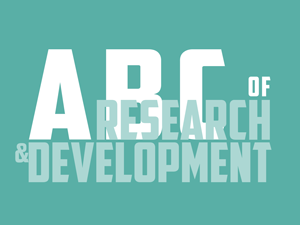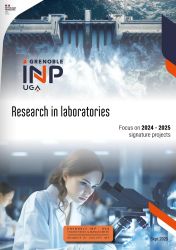Depending on whether or not there is an employment contract, the ownership of Intellectual property (IP) rights generated differs. Thus, the Intellectual Property Code provides, for example, that in the case of patents (Article L611-7 of the CPI), rights ownership is vested in the employer if the technical invention is made by the employee in the performance of either an employment contract including an inventive mission corresponding to his actual duties, or studies and research explicitly entrusted to him on an ad hoc or permanent basis.
A contract of employment is legally understood as a contract by which the employee places his professional activity at the disposal of his employer who, in this context, has authority over him. In return, the employer pays the employee a salary. In other words, three elements constitute an employment contract: a salaried activity, the payment of a salary by the employer, and a relationship of subordination with the employer. As regards software, Article L. 113-9 provides that the economic rights [i.e., the exploitation rights] in software and its documentation created by one or more employees in the performance of their duties or on their employer’s instructions shall be vested in the employer, who alone is entitled to exercise them [...]. The provisions of the first paragraph of this article are also applicable to State employees, public authorities and public administrative establishments
. Thus, the absence of an employment contract qualification has the corollary of excluding the application devolution rules of rights ownership to the employer, in particular with regard to patent and software.
Unlike research staff employed by the public institution (teacher-researchers, researchers, research engineers, etc.), a student on an internship or training project does not sign an employment contract with the host institution. They may receive a bonus but they do not receive a salary. Legally, the internship bonus is analysed as financial compensation and not as a salary, which excludes the qualification of an employment contract between the institution and the trainee. The corollary of this exclusion is not vesting IP rights in the Institution, which deserves attention, especially when the student is involved in a research or development project. Indeed, such a project is governed by agreements signed with the funding partners and providing in particular for the ownership and exploitation of the results generated in the execution of the projects. Thus, if the institution has contracted IP obligations with its partners, it must ensure that it acquires in advance all the IP rights generated by the student during the project. To do this, an agreement must be drawn up between the student and, as the case may be, the legal entity(ies) hosting the student (laboratory supervisors or training institution) in order to provide a framework for the transfer of IP rights to the results generated by the student. The assignment will enable the rights to be transferred to the institution. This assignment can either be annexed to the internship agreement or the training project, or be the subject of a dedicated contract.
It is interesting to note that these principles also apply to emeritus researchers and volunteer collaborators who are not bound to the institution by an employment contract and do not receive remuneration.
If you are in one of the above situations, contact DRIVE, which will take care of setting up the appropriate contracts.
Article written by Johnny Sanz, Isabelle Chéry and Gaëlle Calvary




